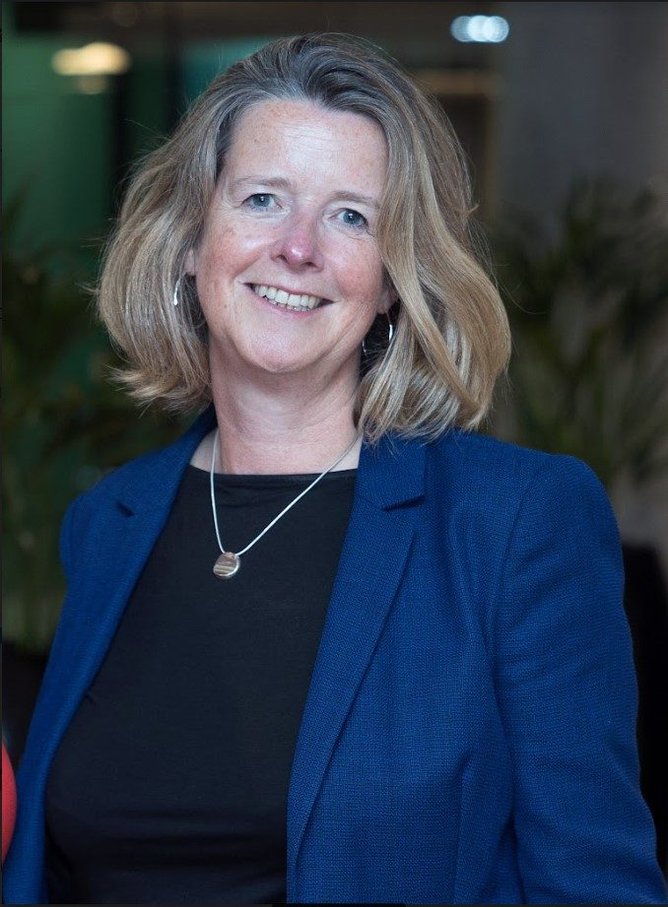WUN: Broadening Diversity Across the Utilities Industry

Many industries find their workforce, particularly senior leadership, to be male-dominated, and utilities is no different.
Despite this, many across energy and the wider utilities world are working to make their space a more inclusive one, which not only benefits the prospects of individuals but businesses themselves.

It’s proven that having a more balanced workforce brings in varied perspectives which propels the fostering of innovation, enhances problem-solving, attracts more top talent and vastly improves employee satisfaction and retention.
Although progress is still to be made in diversifying the utilities workforce, particularly when it comes to female employment levels, International Energy Agency (IEA) research shows that women hold more senior executive positions in the utility industries than elsewhere in the energy sector.
This, however, does not shape up as well when compared to non-energy industries. Based on data from around 2,500 firms and more than 38,000 employees across energy and utilities, women make up only 13.9% of senior management, with other industries ranking at around 15.5%. Women in senior roles are better represented in the utilities sector at 17.1%, with electric utilities and independent power plants bringing up the rear at 16.5%. Natural gas utilities come in at 18%, with multiline utilities seeing just above 20% of its senior management made up of women.
Women in utilities: Making the industry a more diverse place
Sharon Sage is Senior Manager of Public Sector at EDF and Director of The Womens Utilities Network (WUN). She has worked with EDF for the best part of two decades and now manages the team who looks after Europe’s largest electricity contract.
“I would hope that, as society moves towards a more equal and tolerant place, the utilities sector — which has traditionally been more of a male dominated environment — will follow suit,” she said.
“I am lucky to work at EDF, where equality and inclusion are a key focus for the business, and the work that WUN is doing to help other organisations in the sector is proving to have a powerful impact. I am sure WUN will continue to support and encourage women working in the sector, helping them to flourish as they realise their full potential.”
Sharon is a vocal advocate for addressing challenges faced by women in the utilities sector, particularly around the areas of unconscious bias, and is working to address these challenges head-on.

As a network, WUN provides a safe space for women in utilities. For Sharon, she finds comfort in providing a chance to speak to people out of her immediate work life — or even sector — to share thoughts and ideas on how to challenge and make their corner of the world a better place.
EDF, for example, has several internal networks that tackle unconscious bias within the organisation, encouraging colleagues to challenge it where they see it. This shows that diversity, equity and inclusion (DE&I) is not solely the problem of those marginalised, but something that must be tackled by a united front.
How women are being empowered in their roles in utilities
Advocates that are members of WUN include executives from Cadent Gas, a host of regional utilities companies and multiple representatives from EDF.
“The most obvious success stories for WUN come from the role changes and promotions that our members have achieved with the help of their mentors. But there is a lot more that is less obvious,” added WUN’s Founder and Director Jo Butlin.

Jo, who is also a Non Executive Director, Chair, Board Advisor and Consultant across the breadth of the UK energy sector, said the ‘tribe’ nature and energy of WUN provides women with confidence in the workplace and the ability to grow in their own networks.
She added: “The growth of the network of members and partners also shows that what we are offering is creating an impact across the sector. Critically, ignoring the issue of diversity is no longer an option and WUN will continue to champion the support of women in developing their careers. Going forward we will continue to build on the momentum that we have created and have exciting plans for developing the services we offer still further.”
*******************
Make sure you check out the latest edition of Energy Digital Magazine and also sign up to our global conference series - Sustainability LIVE 2024.
*******************
Energy Digital is a BizClik brand.






